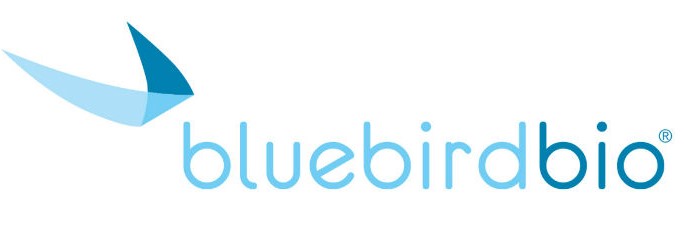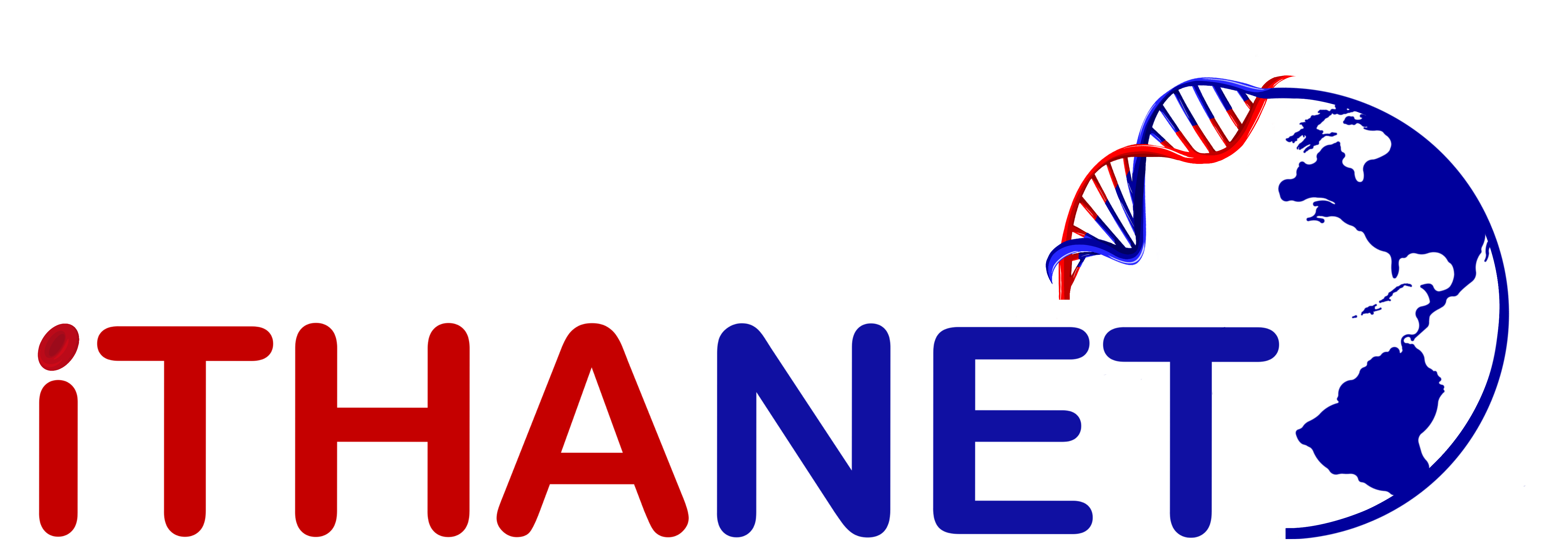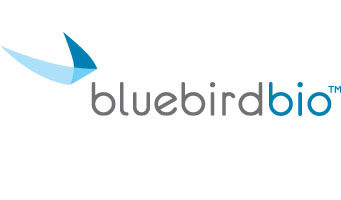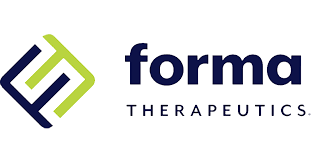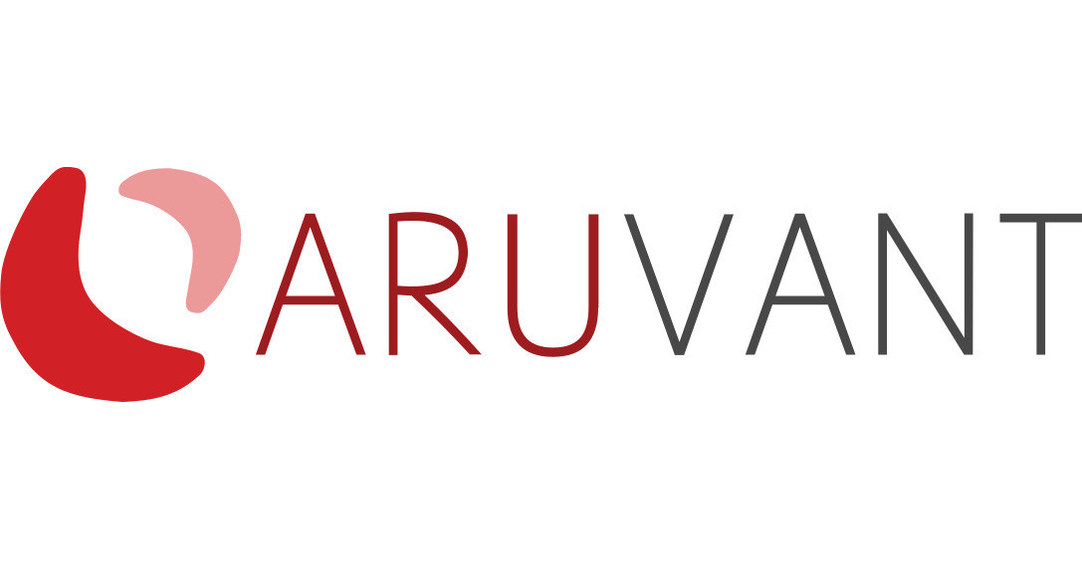
Genomics and Personalized Medicine for all through Artificial Intelligence in Haematological Diseases (GenoMed4ALL) is a joint initiative selected and granted by the European Commission under the Horizon 2020 Research and Innovation programme. GenoMed4All will develop a secure and private data sharing platform based on Federated Learning for the pooling of genomic, clinical data and other high-throughput data. The ultimate goal is to unleash the power of novel Artificial Intelligence (AI) models to advance research in personalised medicine for haematological diseases, combining already-established clinical-pathological parameters with advanced genomic profiling to create innovative diagnostic, prognostic and therapeutic strategies.
GenoMed4All will develop 3 application cases covering common and rare oncological (Myelodysplastic syndromes and Multiple Myeloma) and non-oncological (Sickle Cell Disease) haematological diseases. AI solutions will be implemented to enhance the diagnostic capacity, assess treatment options and predict disease outcomes. GenoMed4All’s Federated Learning will seize the power of High Performance Computing facilities and key EU networks like ERN-EuroBloodNet, pooling resources from hospital registries, data processing tools, and pre-existing repositories to support clinical research and decision making.
GenoMed4All, coordinated by Universidad Politécnica de Madrid, will span 4 years and mobilize a large consortium of 23 key partners from Spain, Italy, Germany, France, Cyprus, Greece and Denmark, covering the whole value chain of clinical, regulatory and ethics research, academia, healthcare, disruptive tech and digital service providers. The ITHANET Portal participates in GenoMed4All and will be a key data contributor.
More information: GenoMed4All press release
